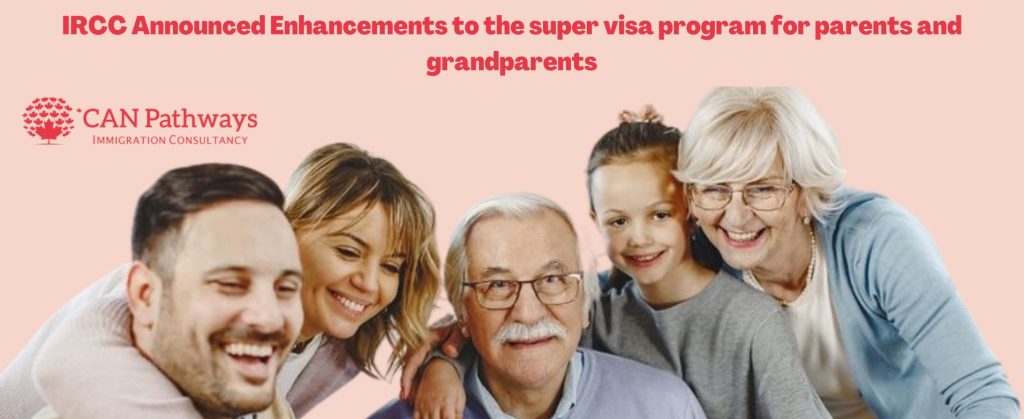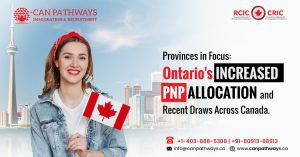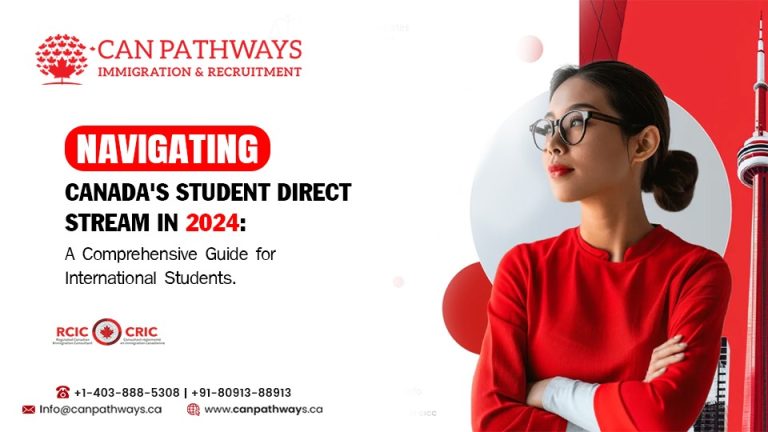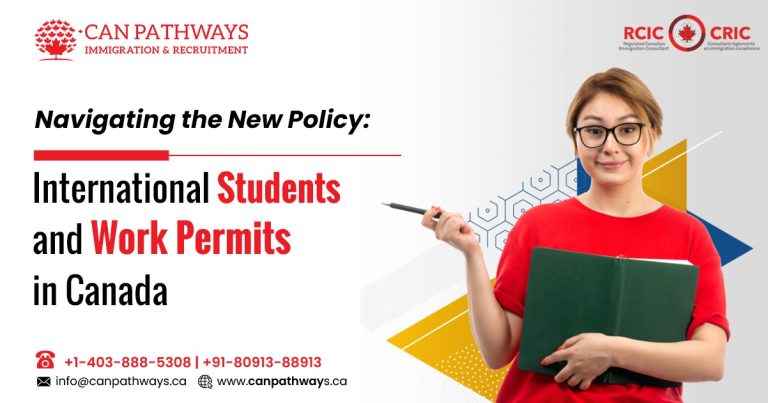As we struggle to recover from the epidemic, the Canadian government continues to promote family reunions to attract, retain, and integrate immigrants who contribute to the nation’s prosperity.
On June 7, 2022, the Minister of IRCC, the Honorable Sean Fraser, announced changes to the super visa program.
These modifications will make it simpler for Canadians to reconnect with their parents and grandparents in Canada and enable holders of super visas to stay longer. These changes, which will be applied on July 4, 2022, are:
- Per entry into Canada, the term of stay for Super Visa holders will be enhanced to five years.
- People presently in Canada with a Super Visa can request an extension of their stay for up to two years. It implies that existing Super Visa holders can now remain in Canada for up to seven years.
- In the future, the Immigration Minister of Canada will be able to choose foreign medical insurance providers to offer coverage for Super Visa candidates.
At this time, only Canadian insurance carriers may provide the essential medical coverage for super visa candidates. Information on any recognized medical insurance firms situated outside of Canada will be posted on IRCC’s website in the future.
Through Canada’s super visa system, Canadian citizens and permanent residents have been permitted to spend extended time with their parents and grandparents in Canada since 2011.
This visa, which is valid for up to 10 years and permits repeated entries, has permitted parents and grandparents to reside in Canada for two years at a time. It makes the super visa more advantageous than a standard multiple-entry tourist visa, which typically allows six months or fewer stays.
By expanding access to the super visa, we will continue to honor our commitment to preserving family unity.
IRCC reports that Canada issues around 17,000 Super Visas annually. The Super Visa has been provided as an option to the Parents and Grandparents Program for more than a decade. The PGP provides permanent residency, but since it is so famous, the demand to sponsor far surpasses the available seats.
IRCC receives interest from above 200,000 sponsors in a given year but only allocates approximately 20,000 PGP immigration places.
In current years, as a result, IRCC has temporarily opened windows for expressing interest in the PGP, followed by lotteries granting invitations to apply for permanent residency under the PGP.
As a result, the Super Visa is offered to those who pass a medical evaluation and submit evidence of private health insurance from an authorized insurer.
This is so that Super Visa holders may receive emergency medical treatment in Canada without paying for it themselves. Furthermore, host children and grandchildren must achieve the minimum income standards established by IRCC.
“Families are the foundation of Canadian society. The enhancements to the super visa system allow family members to reunite for longer in Canada, which helps everyday Canadians and permanent residents succeed and contribute to the society while trying to afford their parents and grandparents priceless opportunities to spend time with their family in Canada”, according to Canada’s Immigration Minister Sean Fraser.
Other Important Facts
- The super visa has been a popular and accessible way for Canadian citizens and legal citizens to reunite with their parents and grandparents in Canada for more than a decade.
- For super visa holders to be appropriately supported in Canada, their host child or grandchild must fulfill minimal income standards.
- In addition, parents and grandparents seeking a super visa must undergo a medical checkup and present evidence of private health insurance from a recognized insurer.
- This is so that holders of super visas can get emergency health care while in Canada while guaranteeing that the expense of these services doesn’t come under Canadian taxpayers.








